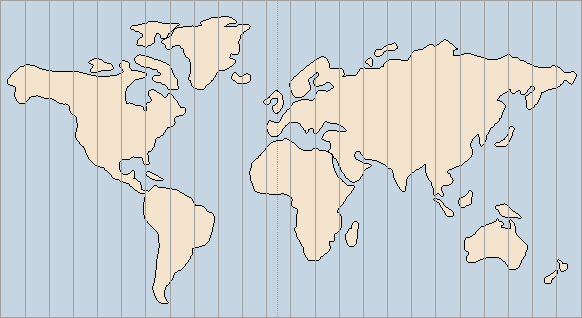Omitting leap seconds might mean end of Greenwich Mean Time
 London, Dec 18 : If an international group of timekeeping experts has its way, this year's leap second will be one of the last, which might mean that Greenwich Mean Time (GMT) would lose its status as the zone in which local time is the same as the universal time by which clocks are set.
London, Dec 18 : If an international group of timekeeping experts has its way, this year's leap second will be one of the last, which might mean that Greenwich Mean Time (GMT) would lose its status as the zone in which local time is the same as the universal time by which clocks are set.
According to a report in The Times, the International Telecommunications Union (ITU), which manages leap seconds, is proposing to abolish them in favour of adding a "leap hour" every 600 years or so.
The move would have important consequences for Britain.
Should the leap second be consigned to history, Greenwich Mean Time (GMT) would lose its status as the zone in which local time is the same as the universal time by which clocks are set.
Over hundreds of years, this universal time zone would gradually drift east from Greenwich, reaching Paris before the "leap hour" moved it west again.
The proposed change, reported by New Scientist magazine, would also mean that, for the first time, official time would not be linked to the astronomical rotation of the Earth.
Instead of seconds, minutes and hours taking their length from the time it takes the globe to spin once, they would be measured solely according to the oscillations of Caesium atoms.
"It would be a change with profound cultural implications," said Robert Massey, of the Royal Astronomical Society. "We'd be decoupling our clocks from what the Sun is telling us," he added.
It would also have implications for astronomers, requiring expensive changes to the operating software of astronomical telescopes.
Sundials would become even more inaccurate than they are already, and it would become almost impossible for sailors to navigate by sextant.
Britain would have legal issues to grapple with because GMT has been enshrined in law since 1880 as the standard by which national time is calculated.
With leap seconds, this is not a problem, as they make GMT and the Universal Co-ordinated Time (UTC) kept by atomic clocks essentially identical.
Without them, GMT would have to go.
If change does happen, leap seconds will continue to be added as necessary until about 2018. A "leap hour" would then be added, probably around the year 2600. (ANI)